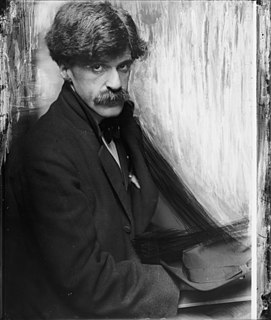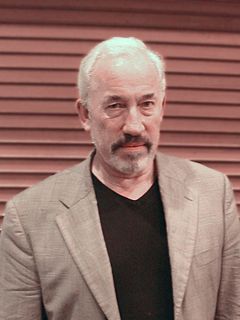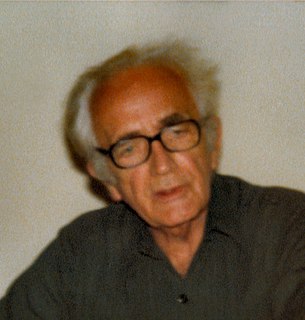A Quote by Michele Cassou
Look upon paintings with eyes of mystery rather than judgement. Support the need to enter into the sacred space beyond evaluation.
Related Quotes
Solitude can become your most meaningful companion and it can assist you in being a more giving person in your spiritual partnerships. Rather than regarding your partner's need for time alone as a threat, see it as a time of renewal that you celebrate. Make every effort to help each other have that space. Treat that space as sacred.
It is an assumption that there is always one single dimension for assessing persons and their actions that has canonical priority. This is the dimension of moral evaluation; "good/evil" is supposed always to trump any other form of evaluation, but that is an assumption, probably the result of the long history of the Christianisation and then gradual de-Christianisation of Europe, which one need not make. Evaluation need not mean moral evaluation, but might include assessments of efficiency, ... simplicity, perspicuousness, aesthetic appeal, and so on.
Non-custodial sentences are certainly something to look at, more support in the community rather than within prisons is something we have to look at. There will of course still be women who need to be in prison, serious offenders, but I think there is scope to look at that number and I think that number could come down.
But I'd rather help than watch. I'd rather have a heart than a mind. I'd rather expose too much than too little. I'd rather say hello to strangers than be afraid of them. I would rather know all this about myself than have more money than I need. I'd rather have something to love than a way to impress you.
One of the reasons why I think virtual reality, as a narrative format, is never going to go beyond the short-form immersion space is because the bedrock of visual storytelling is the reverse angle. If you can't look into the eyes of the protagonist, you cannot hold people's attention for more than 15 minutes.
The dark dangerous forest is still there, my friends. Beyond the space of the astronauts and the astronomers, beyond the dark, tangled regions of Freudian and Jungian psychiatry, beyond the dubious psi-realms of Dr. Rhine, beyond the areas policed by the commissars and priests and motivations-research men, far, far beyond the mad, beat, half-hysterical laughter... the utterly unknown still is and the eerie and ghostly lurk, as much wrapped in mystery as ever.
The answer is never the answer. What's really interesting is the mystery. If you seek the mystery instead of the answer, you'll always be seeking. I've never seen anybody really find the answer, but they think they have. So they stop thinking. But the job is to seek mystery, evoke mystery, plant a garden in which strange plants grow and mysteries bloom. The need for mystery is greater than the need for an answer.


































